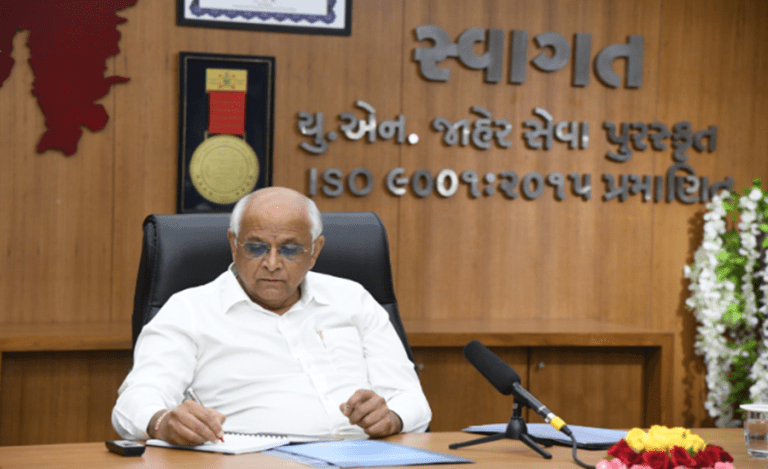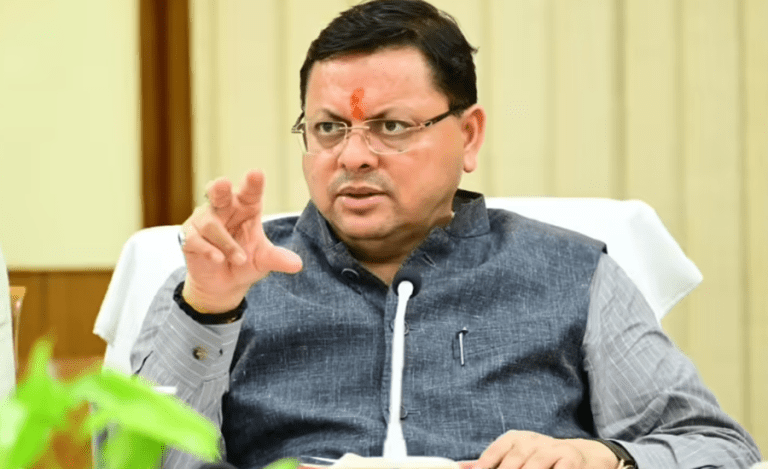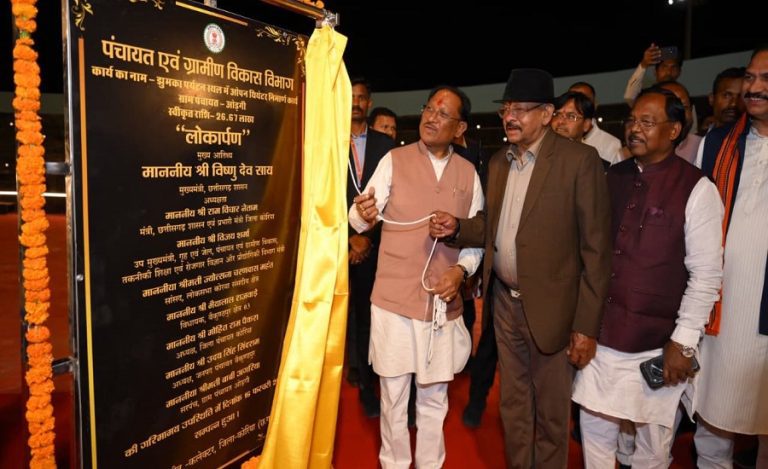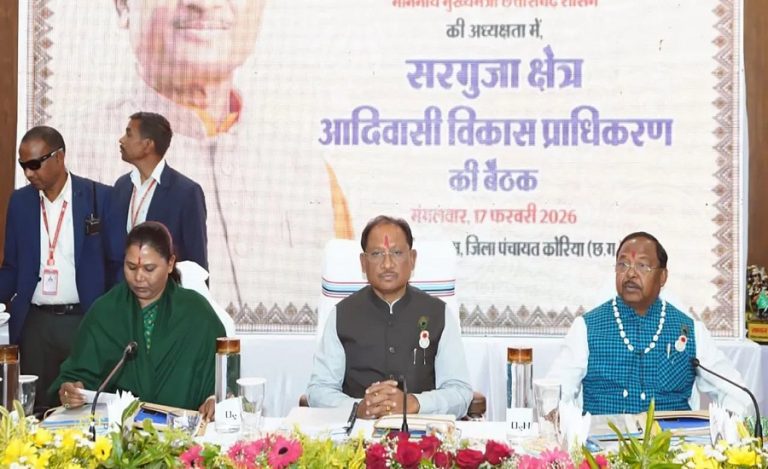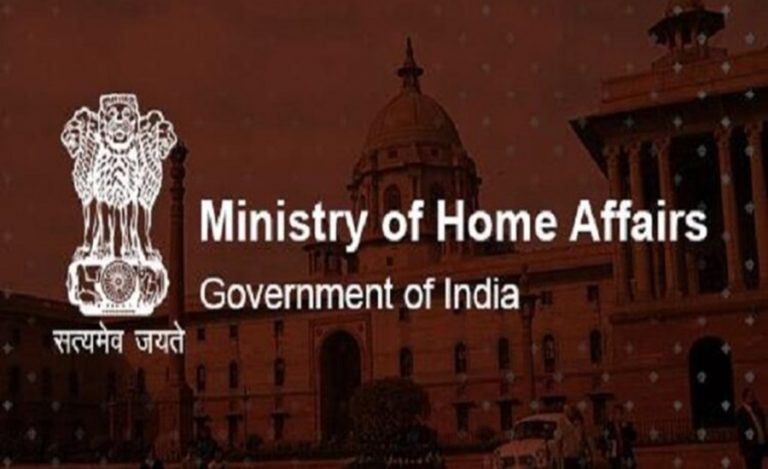New Delhi: In a decisive administrative move, the Union Government has issued a compulsory retirement order to a senior Indian Railway officer, marking the culmination of a prolonged bureaucratic and legal conflict. The officer, a 1998-batch Chief Engineer (Road Safety) in Northern Railways, was removed from service following final consent by the Union Public Service Commission (UPSC)—a mandatory requirement for such high-level punitive actions.
Background: A Two-Year Discrepancy and Its Fallout
The root of the action lies in an alleged discrepancy in the officer’s date of birth, spanning two years. This issue, which led to a minor penalty, reportedly cost the officer two consecutive increments, significantly impacting career progression.
The officer had challenged the penalty through multiple channels, including the Central Administrative Tribunal (CAT). However, with the UPSC granting its final approval recently, the government moved to execute the retirement order.
UPSC’s Role and Legal Finality
As per service rules, the UPSC’s assent is a critical step for disciplinary actions involving senior civil servants, including those in Group A central services like the Indian Railways. With this green light, the Department of Personnel and Training (DoPT) and the Ministry of Railways proceeded with the compulsory retirement.
Although the order appears final on the surface, legal experts suggest that the officer may still approach higher judiciary bodies, such as the High Court or Supreme Court, if she chooses to contest the order further.
Administrative Clean-Up Continues
This decision aligns with the Centre’s ongoing administrative clean-up drive, aimed at enforcing efficiency, accountability, and integrity within the bureaucracy. In recent years, several senior officials have faced similar actions under Rule 56(j) of the Fundamental Rules, which allows for premature retirement in the “public interest.”
Read also: Nagaland Cabinet Resolves IAS, Reservation, and FNTA Flashpoints — A Push for Transparency and Trust


